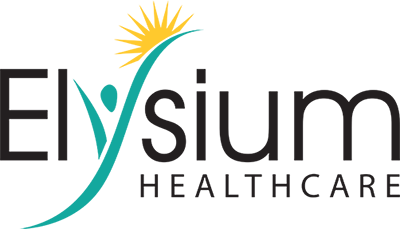
Introduction & Overview of Dual Diagnosis Treatment
Mental illness and substance abuse disorder often go hand in hand. Whenever someone struggles with both an addiction and a co-occurring mental illness, they are said to have a dual diagnosis. Dual diagnosis requires dual diagnosis treatment to ensure both conditions are addressed and rectified. Without proper treatment, recovery is unlikely.
Dual diagnosis treatment is sometimes called co-occurring disorder treatment or comorbid disorder treatment. All of these terms are clinical terms that describe the presence of a behavioral or mental health condition in addition to substance use disorder.
Many illnesses are present alongside substance use disorder. Some of the most common examples of dual diagnosis is whenever the substance use disorder is accompanied with any of the following illnesses:
Anxiety
Attention-deficit hyperactivity disorder
Bipolar disorder
Cutting or self-harm
Depression
Eating disorder
Post-traumatic stress disorder
Individuals who suffer from any of the illnesses above in addition to substance abuse require dual diagnosis treatment. Often, one condition exacerbates the other, but both conditions worsen each other in most individuals. Only treating one of the conditions increases that individual’s risk of relapse as a result.
For example, many individuals who suffer from mental illness try to soothe their symptoms by using drugs or alcohol. If their underlying mental illness is not addressed, they might turn back to substance use as a way to cope. Furthermore, substance abuse often uncovers mental illnesses and worsens their symptoms.
If you or a loved one suffers from one co-occurring illness, it’s important to receive dual diagnosis treatment. There are many dual diagnosis treatment centers in California that provide specialized care to individuals suffering from co-occurring illnesses.
How Mental Health and Substance Abuse are Tied Together
The relationship between mental health and substance abuse is not fully understood. However, many medical experts have dedicated their entire careers to understanding their relationship between co-occurring illnesses.
If you or a loved one is suffering from a dual diagnosis, it’s important to understand how mental health and substance abuse are tied together to receive proper treatment.
Stats About Mental Health and Substance Abuse
Statistics give us a very clear relationship between mental health and substance abuse. According to the Journal of the American Medical Association, the following is true relating to co-occurring mental health issues and substance abuse:
- About 50% of individuals diagnosed with severe mental disorders also suffer from substance abuse.
- It is estimated that 37% of individuals who suffer from alcohol addiction have at least one mental illness.
- It is estimated that 58% of individuals who suffer from drug addiction have at least one mental illness.
- Of the people who are diagnosed as being mentally ill, about 29% of them abuse drugs or alcohol.
These statistics show us that mental health and substance abuse problems occur alongside one another frequently. As such, it’s important that individuals who suffer from both get appropriate treatment.
Bi-Directional Relationship
Knowing that there is a relationship between mental illness and substance abuse is not enough. You also have to understand what the relationship looks like and how the two diagnoses impact each other.
Most experts describe the relationship between mental illness and substance abuse as being bi-directional. What this means is that mental illness impacts substance abuse, just as substance abuse impacts mental illness.
For example, many individuals who suffer from mental illness will try to find a way to cope with their symptoms. Without proper treatment, they may turn to substances. In this case, the mental illness directly exacerbates the substance abuse. Conversely, studies have found that substance abuse can exacerbate mental illness by increasing feelings of depression, anxiety, and paranoia. In these cases, the substance abuse exacerbates the mental illness.
Because mental illness and substance abuse can affect each other in both directions, co-occurring diseases are often bi-directional.
That being said, it’s important to understand that most people do not fall into one or the other category exclusively. Instead, the relationship between mental illness and substance use disorder are fluid and impact each other in a never-ending cycle without proper treatment. Due to the fluidity of their relationship, it’s important for both or all illnesses to be treated appropriately.
Failing to provide dual diagnosis treatment for individuals with co-occurring illnesses leads to unsuccessful recovery results. Although the individual may begin recovery while receiving treatment, they likely will relapse once they are in the same environment as before. As such, dual diagnosis treatment is essential for a successful recovery and individuals who suffer from co-occurring illnesses.
Still have questions? Request a callback or give us a call today.
- No Obligation When You Call
- JCAHO Accredited Facilities
- Expert and Caring Staff
- 5-Star Rated Programs
- Dual-Diagnosis Approach
Find the Best Program for YOU

What to Expect From a Dual Diagnosis Program in California
Because individuals who suffer from co-occurring illness require dual diagnosis treatment, it’s important to select a specialized dual diagnosis treatment in California. Dual diagnosis treatment centers in California are specifically equipped to address substance use disorder alongside mental illness.
Dual diagnosis programs begin with a clinical assessment. This assessment considers the individual’s history with substance use, potential psychiatric disorders, and support system. The idea behind this clinical assessment is to diagnose all present illnesses.
Once co-occurring illnesses have been diagnosed, experts will craft a customized treatment plan to specifically address that individual’s illnesses and specific needs. For most dual diagnosis patients, inpatient treatment is recommended for comprehensive care. Inpatient treatment provides the individual with regular education, daily therapy, and an immersive community for support.
During inpatient treatment, the patient may receive a number of medical treatments, including dialectic behavioral therapy, cognitive behavioral therapy, integrated group therapy, and individual psychotherapy. Depending on the mental illness, medications may be prescribed as well.
Once the individual has undergone extensive inpatient therapy, they may then graduate to outpatient therapy. Outpatient therapy is a bridge between inpatient therapy and the outside world. Individuals will still receive comprehensive dual diagnosis treatment while being allowed to adventure to the outside world.
Regardless of whether you start with inpatient or outpatient therapy, the goal of dual diagnosis treatment is to heal the individual holistically. In other words, the goal is to treat all present disorders to ensure the individual has the best chances of recovery possible.



Begin Your Journey to Recovery
From the moment you contact us, we will help you find the treatment program that best fits your individual needs – whether that is one of our programs or not. We aim to help every single person in finding their own path to lasting, sustainable recovery from substance abuse.

The Best Dual Diagnosis Treatment Center in California
If you or a loved one is suffering from dual diagnosis, it’s imperative to get treatment. Not only that, but you want to select the best dual diagnosis treatment centers in California. The top centers will provide the best medical treatment and additional amenities to allow the individual to heal from the inside out.
Elysium Healthcare is a leading provider for addiction treatment in the US. We specialize in individualized, evidence-based treatments for substance abuse, as well as dual diagnosis. No matter what your needs are, we likely have dual diagnosis treatment centers in California that can help you to recover and begin your life of sobriety. We provide options for a wide range of locations and people.
For example, we service the Los Angeles, Beverly Hills, Canoga Park, West Hollywood, Chatsworth, and Garden Grove areas. All of our dual diagnosis treatment centers in California are backed with top medical practices and an empathetic staff to help you recover.
We also specifically have programs for women, men, the LGBTQIA+ community, college students, medical professionals, first responders, executives, and veterans. Because we have so many specializations, you can trust that our dual diagnosis treatment is effective and specialized to your unique needs. We can monitor safe detox, allow you to heal in transformative environments, and provide top medical treatment for dual diagnosis.
If you or a loved one is seeking dual diagnosis treatment, contact Elysium Healthcare today. There’s no obligation when you call, and we provide confidentiality with every phone call. Whenever you get in touch with us, we will help to find a partnered program that will increase mental health, heal your emotional self, and strengthen your neurological development.
Give Elysium Healthcare a call today to learn more about our best dual diagnosis treatment centers in California.

We Work With Most Major Insurance
Elysium Healthcare works with most insurance providers at our facilities. Our admissions team works around-the-clock to ensure that those that need help have the access to get it. Verify your benefits and one of our treatment consultants will get back to you with more information on how you can get started.


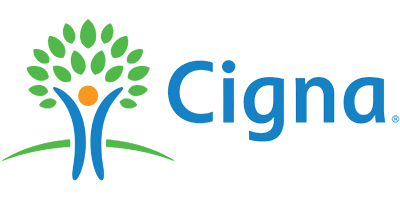

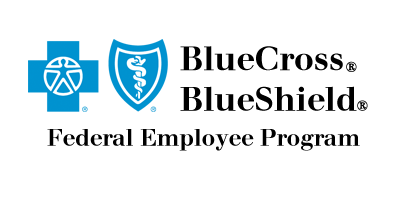
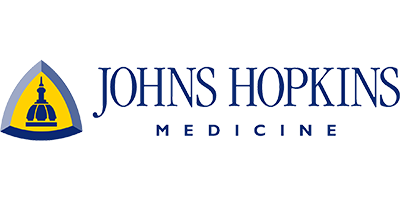
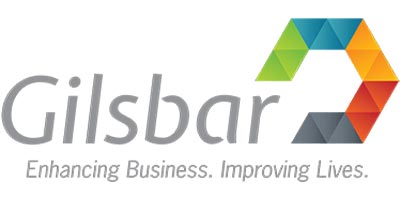

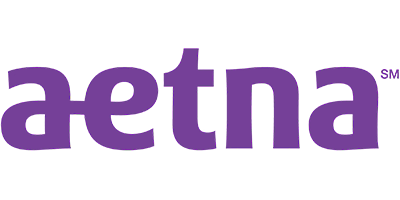


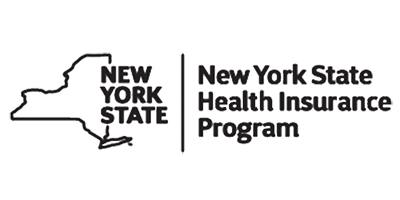
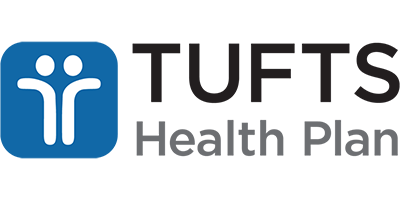
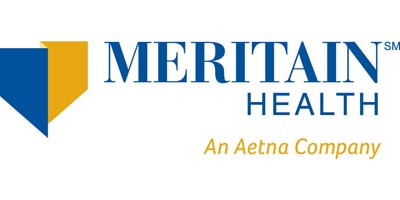




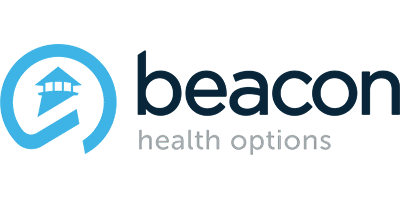













Begin Your Fight Against Addiction Today
If you or a loved one has fought for our nation’s freedom and are now suffering from substance abuse, you are not the only one, and you deserve help in return. After sacrificing and putting so much on the line for our nation’s freedoms and citizens, you should seek out substance abuse treatment for veterans. Elysium Health offers comprehensive, dual diagnosis treatment for veterans so you can heal from your traumas and begin your life of sobriety.
Contact Elysium Health today to learn more about our veteran addiction treatment in Los Angeles, CA.
